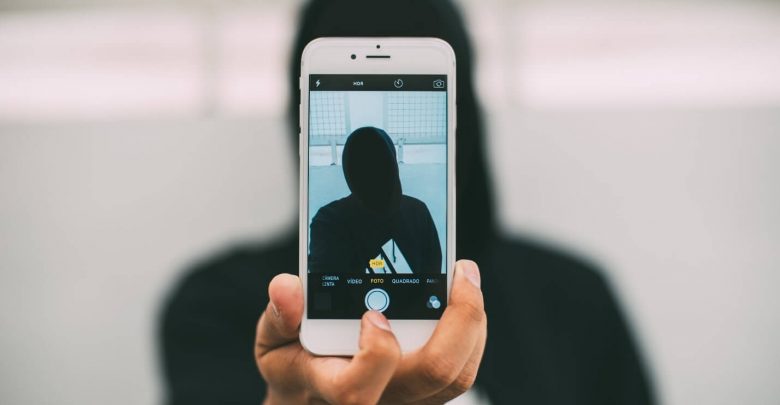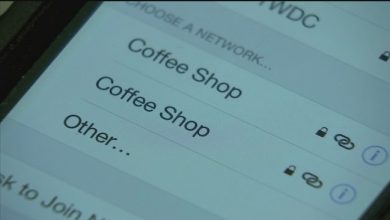Privacy & Cybersecurity
Anonymity on the Internet
Who Collects and Stores Personal Information of Users

Summary – Issue of the anonymity in general and online in particular is entire of a sticky subject, which is open to interpretation.
When a person posts information impersonally, hiding behind a pseudonym and a fake image, he will have an illusory feeling of impunity and permissiveness.
Without worrying about personal identification, people allow themselves to write and say things that they would never have allowed in face-to-face communication.
Insults, accusations, and forgery of facts, unfortunately, are becoming commonplace in modern Internet communication.
In addition to the more deliberate publication of materials, de-anonymization has another essential function, which is content personalization. Readers, consuming information, understand who exactly is behind this material, and it allows us to form a relation to what is written by the author.
To understand how a person’s opinion can be trusted, whether he understands this topic and has the experience and knowledge to back up his judgments.
You must admit that you would instead get a piece of advice on how to take pictures of a person who takes up photography.
He (or she) will be able to give you much more valuable comments and tips than a person who has never held a camera in his hands, but not from someone who heard something about photography somewhere.
Accordingly, you will perceive with great attention the advice and opinion of the latter.
Table of Contents:
Any activity on the Internet does not go unnoticed.
Finding information, sending emails, visiting websites, online shopping and social networking – all this leaves traces through which it is easy enough to find out most of the user’s confidential data, and there is no possibility to hide the fact of your presence on the Internet ultimately – it is physically impossible!
However, there are specific tools through which you can significantly complicate the process of collecting information about you from the Internet, making it unprofitable for attackers and other “gatherers” of confidential information.
The best tool for achieving total anonymity on the web is by using a VPN – Virtual Private Network.
ExpressVPN, Cyberghost, SurfShark or NordVPN are great examples of relatively cheap VPNs that will guarantee to mask your online presence entirely.
Problems of anonymity on the web began to rise more than ten years ago.
Back then, the socks-protocols, now obsolete, anonymizers and proxies were considered the best ways to keep privacy.
Today we know that the last two tools will help us bypass the ban on blocked websites, but will not help us remain anonymous.
Does this mean that soon the words privacy and the Internet will be completely unrelated to each other?
Roughly speaking, yes. Today, almost every user today can find out the necessary information.
How does it work? When a user types a query in a browser line, the computer sends it to the server.
In response, it generates the page and sends it back to the network, which the browser then displays.
Since this very page can find a path from the server to the PC, those who need it can also find it.
About the IP-address, probably, it makes no sense to talk. Each user has it, and all IP addresses are divided into databases of providers that are legally registered and have publicly available addresses.
The user can be calculated over IP regionally using online services and locally using certain operations.
The provider himself also knows what his user was doing and where he accessed on the Internet and, if necessary, he can pick up the archive and find the required information.
Official bodies can make the corresponding request, and the provider has no right to refuse them.
The social network is one of the largest sources of collecting information about users.
Employers can also use it for peaceful purposes, for example.
Many HR managers check by name and surname of a candidate his social media accounts.
The largest social network Facebook, for example, is engaged in indexing all its users.
It wants to know a lot about its users, including their age, religion, and more.
How many people know that once Skype, PayPal, and eBay worked closely (and continue) among themselves?
Accordingly, a great picture emerges about the user: where does he call, what does he buy and what services does he pay for, where does he live, who are his friends.
You cannot name it a privacy whatsoever.
This giant knows everything about everyone.
Many of its services allow you to put together a dossier per person.
Google knows and stores everything, absolutely all user search queries that were made after logging in to a personal account.
His card services, billing system, music, video, photos, blogs, cloud storage, email, hangouts chat and more help to compile complete information about a person and their Android operating system imposes the synchronization of everything, even the calendar and where is all this data stored in the future?
That is right, in the vast archives of Google.
Google indexes not only the entire Internet but also many other aspects of life.
Microsoft
At one time, was considered the most massive knowledge robot about users.
Besides, the leader in this area was their Internet Explorer browser.
To this day, many arguments have been built and are being built up about the fact that the company collects more information about users than it claims.
Moreover, this is far from all the ways that network users are deanonymized.
Bottom Line
Currently, there are about 3.2 billion Internet users in the world.
Of these, the vast majority of users almost voluntarily disclose information of varying degrees of confidentiality.
It means that various websites, services, and companies will soon know more than they need about half the globe.




